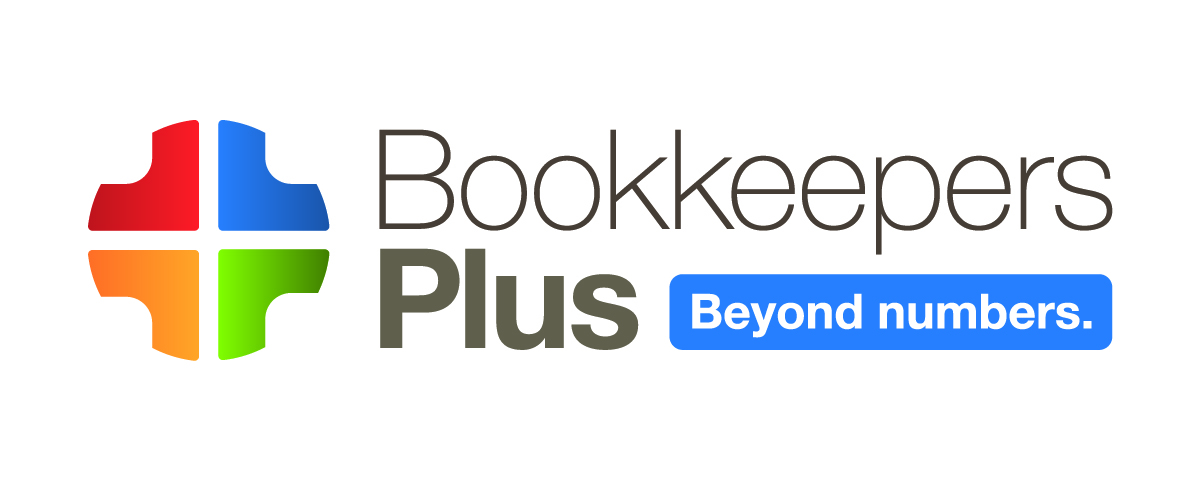What Can Online Payroll Do For My Business?
/This is a question I’m often asked by owners of small businesses. The short answer is: Online payroll can do a lot to streamline your business accounting, even if you have only a few employees. But how, exactly, does it help you to move to an online payroll processing solution?
If you have a business that has grown beyond self-employment, you will have employees you pay to work for you. Whether part-time or full-time, hourly or salaried, compensation for employees is highly regulated, with both federal and state tax obligations and implications. If you are going to be a legitimate business, you can’t just open your wallet and throw a few bills at them from time to time. “Payroll” is the function of managing your compensation system.
Payroll involves establishing a regular pay period and tracking gross pay, the taxes and other amounts withheld from employees paychecks, net pay, and your (the employer) payroll taxes. You have to make a payment for the net pay amount, typically by check or direct deposit to your employee. Along with that payment, you need to present a legal pay stub showing gross pay and deductions that result in the net pay amount.
Payroll also involves remitting the withholding and employer’s taxes to the appropriate agencies and filing returns on a quarterly and annual basis. At the end of the year, a compensation statement called a W-2 must be given to each employee and copies sent to the government.
It is entirely possible to have a payroll system that you run manually, however, it is a lot to keep track of. Computerized payroll systems have streamlined the process considerably. Some accounting programs have payroll modules built into them, usually supported by regular tax table updates and technical support, typically paid for by a subscription. Some businesses prefer to run payroll outside the accounting system on an online payroll system.
An online payroll system is used to perform all the payroll functions detailed above. A payroll journal can be downloaded into the company’s accounting program. Or the journal can be hand-entered from a report generated by the online payroll system. Producing paper checks can be handled in a variety of ways, depending on the payroll service. Increasingly, direct deposit is the preferred way to make and receive payments and an online payroll system is a great way to manage that step.
Keep up with Taxes
Tax remittances are managed through the online system, as well, including reminders and automatically generated forms for quarterly and year-end tax filings, and W-2 forms. Depending on the payroll system, some other remittances, such as insurance, child support, or retirement savings, may have to be handled within the accounting system.
Confidential & Convenient
If you have employees working in your accounting system, but not in the online payroll system, you are able to manage and maintain the confidentiality of payroll.
For small business owners running their own payroll, an online payroll solution also provides great convenience because you can manage payroll anywhere at any time. With all the details you need in a secure online system, you don’t have to be chained to a physical business location 52 days each year to run weekly payroll (or 26 days for bi-weekly, or even 12 days a year to manage monthly payroll).
I often hear from small business owners how an online payroll system helps reduce the amount of time and stress related to getting to pay day. It really is a solution to help you work smarter, not harder, and that’s a great way to succeed in your small business.
Find out how you can put online payroll to work for your business. Contact me today!
Tony Solgard, a QuickBooks Certified ProAdvisor, is president of Bookkeepers Plus, located in Cape Coral and Bonita Springs, Florida, and providing bookkeeping services to businesses nationwide. His blog helps business owners understand why accounting details are important and to educate them (or whoever they assign to the bookkeeping function) on how to do it right. The blog offers accounting, bookkeeping, and financial management tips, points you toward small business financial resources, and gives a shout out to small businesses with financial success stories. It discusses the pros and cons of using QuickBooks as well as provides tips to maximize your use of QuickBooks.





